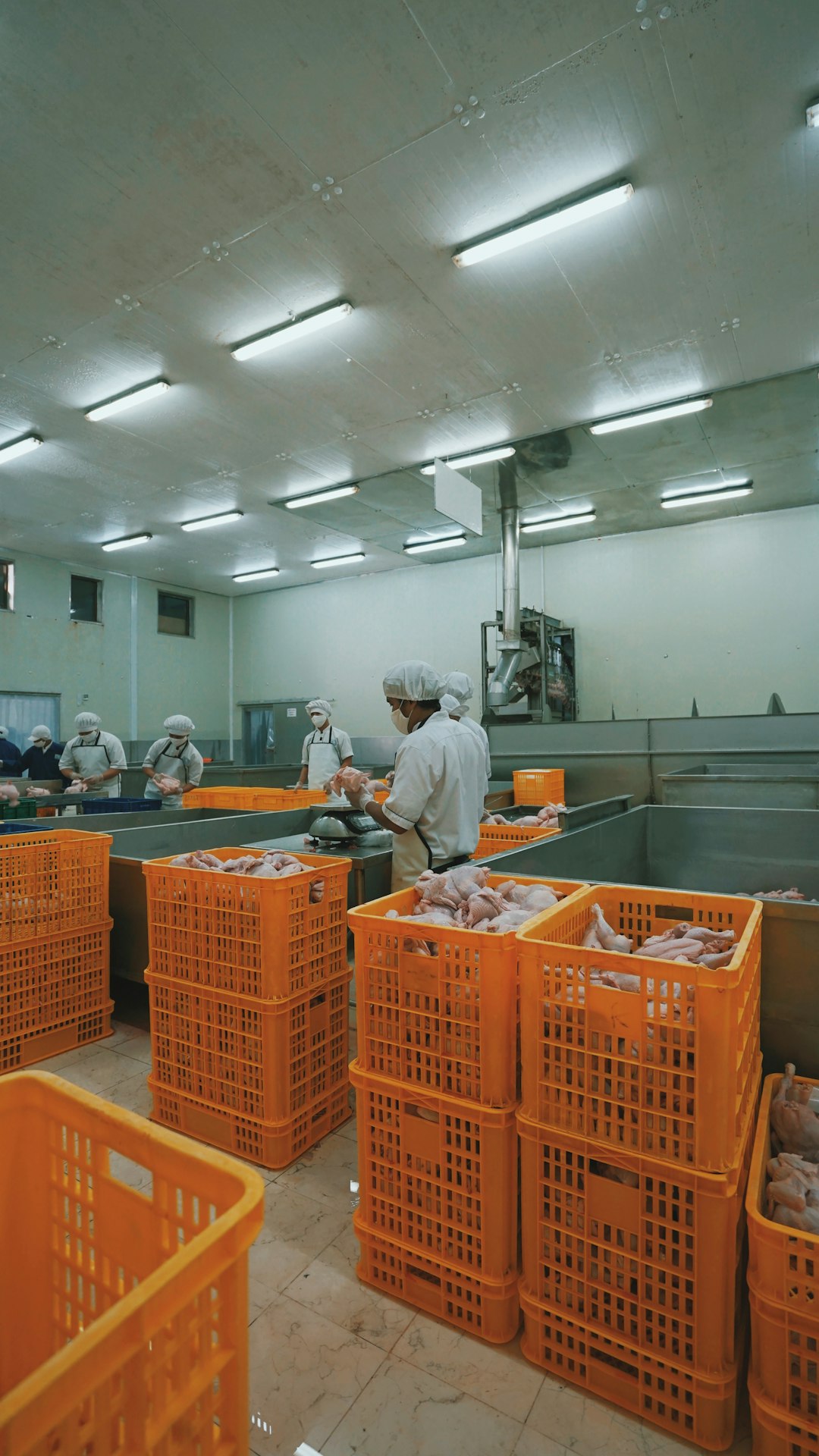The Future of Smart Manufacturing
Smart manufacturing, also known as Industry 4.0 or the Industrial Internet of Things (IIoT), is revolutionizing the manufacturing sector by incorporating advanced technologies and automation into the production processes. This transformative approach aims to streamline operations, enhance efficiency, minimize costs, and optimize overall performance. As we move forward, the future of smart manufacturing promises even greater advancements, ushering in a new era of production and innovation.
One of the key aspects of the future of smart manufacturing is the increasing integration of artificial intelligence (AI) and machine learning (ML) algorithms into the manufacturing processes. These intelligent systems can analyze vast amounts of data in real-time and make informed decisions to optimize production, predict equipment failures, and improve overall quality. AI-powered robots and cobots (collaborative robots) can work alongside human workers, automating repetitive tasks and ensuring a seamless workflow.
The future of smart manufacturing also envisions the widespread adoption of 5G technology, which will revolutionize connectivity and enable the seamless integration of various systems. With its high bandwidth and low latency, 5G will enable real-time data streaming, enhancing communication between machines, customers, and suppliers. This will lead to greater efficiency, faster response times, and improved overall productivity.
Additionally, the future of smart manufacturing will witness a significant shift towards sustainable and eco-friendly practices. Environmental consciousness is no longer a luxury but a necessity, and smart manufacturing is perfectly poised to contribute positively to this global challenge. By optimizing energy consumption, reducing waste, and implementing greener alternatives, smart manufacturing is paving the way for a more sustainable future.
Moreover, the future of smart manufacturing will see the rise of smart factories that are fully interconnected and digitally optimized. These factories will be equipped with sensors, actuators, and IoT devices, enabling seamless communication and data sharing between various components. This will allow manufacturers to monitor and control operations remotely, predict maintenance needs, and ensure the smooth operation of the entire production line.
Another significant aspect of the future of smart manufacturing is the increasing customization and personalization of products. With advanced technologies such as additive manufacturing (3D printing), it will be easier to produce individualized products without sacrificing efficiency or cost-effectiveness. Smart manufacturing will enable businesses to respond quickly to customer demands and preferences, leading to improved customer satisfaction and brand loyalty.
In conclusion, the future of smart manufacturing holds great promise for the manufacturing sector. With the integration of AI, ML, 5G, and sustainable practices, smart manufacturing will continue to revolutionize production processes and enhance overall efficiency. The rise of smart factories, customization, and personalization of products will further contribute to the transformation of the manufacturing industry. As we embrace these advancements, it is essential to invest in technological infrastructure, train the workforce, and adapt to the changing landscape. Embracing the future of smart manufacturing will undoubtedly bring about unprecedented progress and pave the way for a brighter future.

